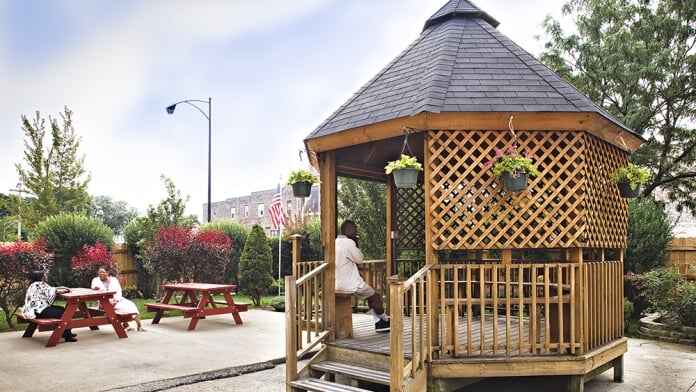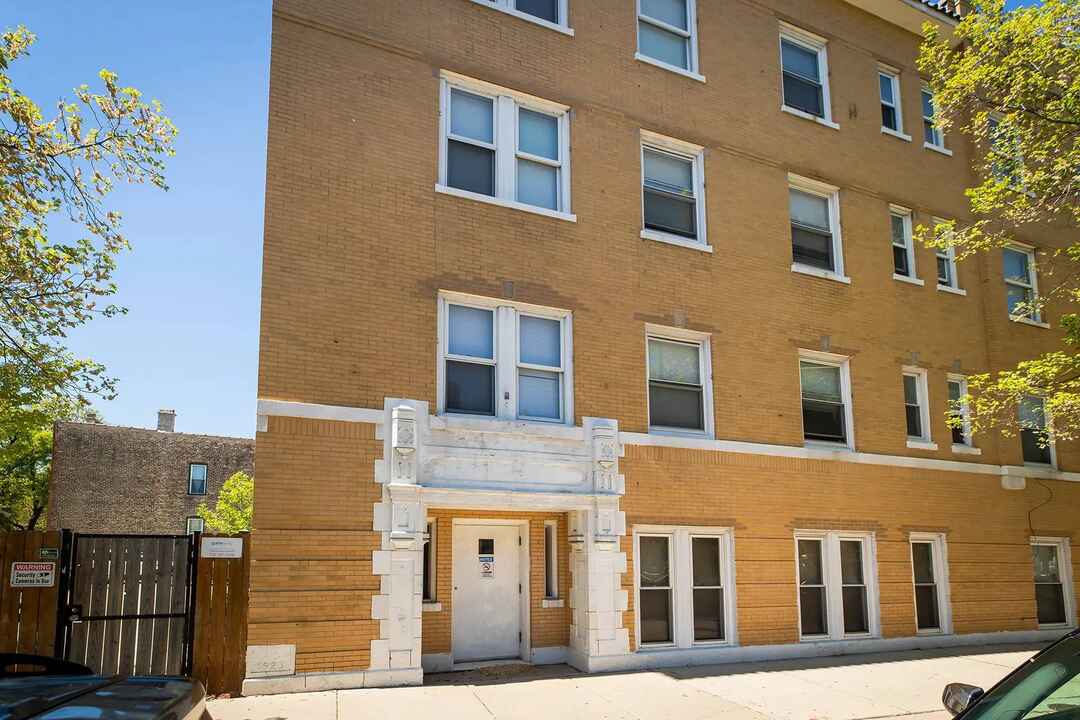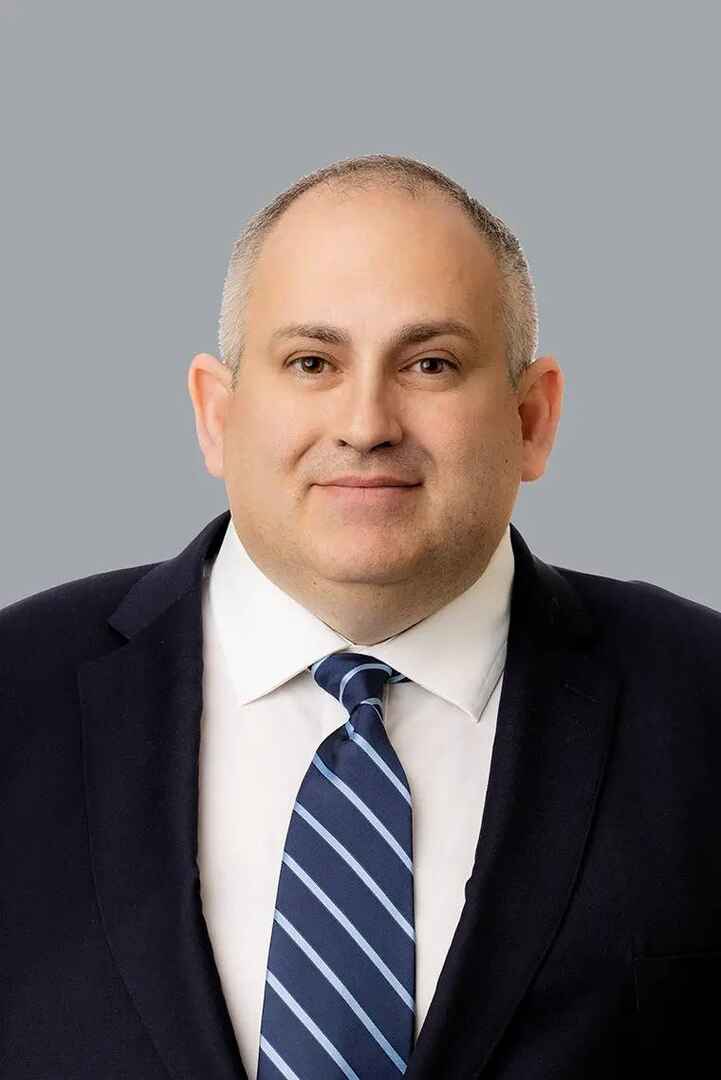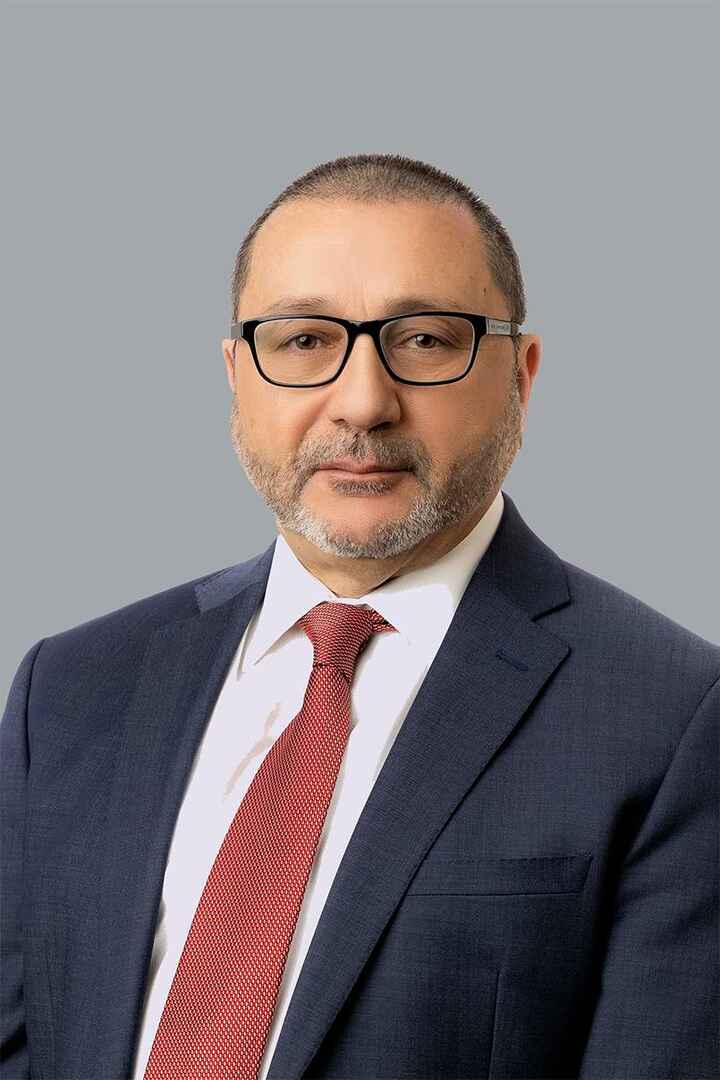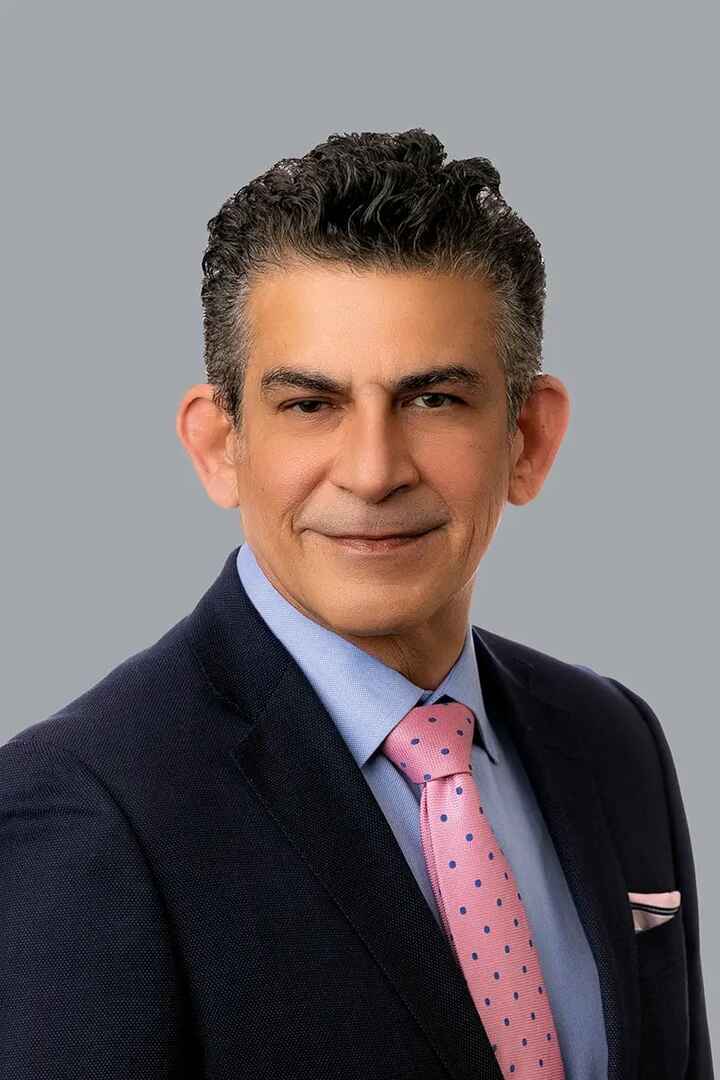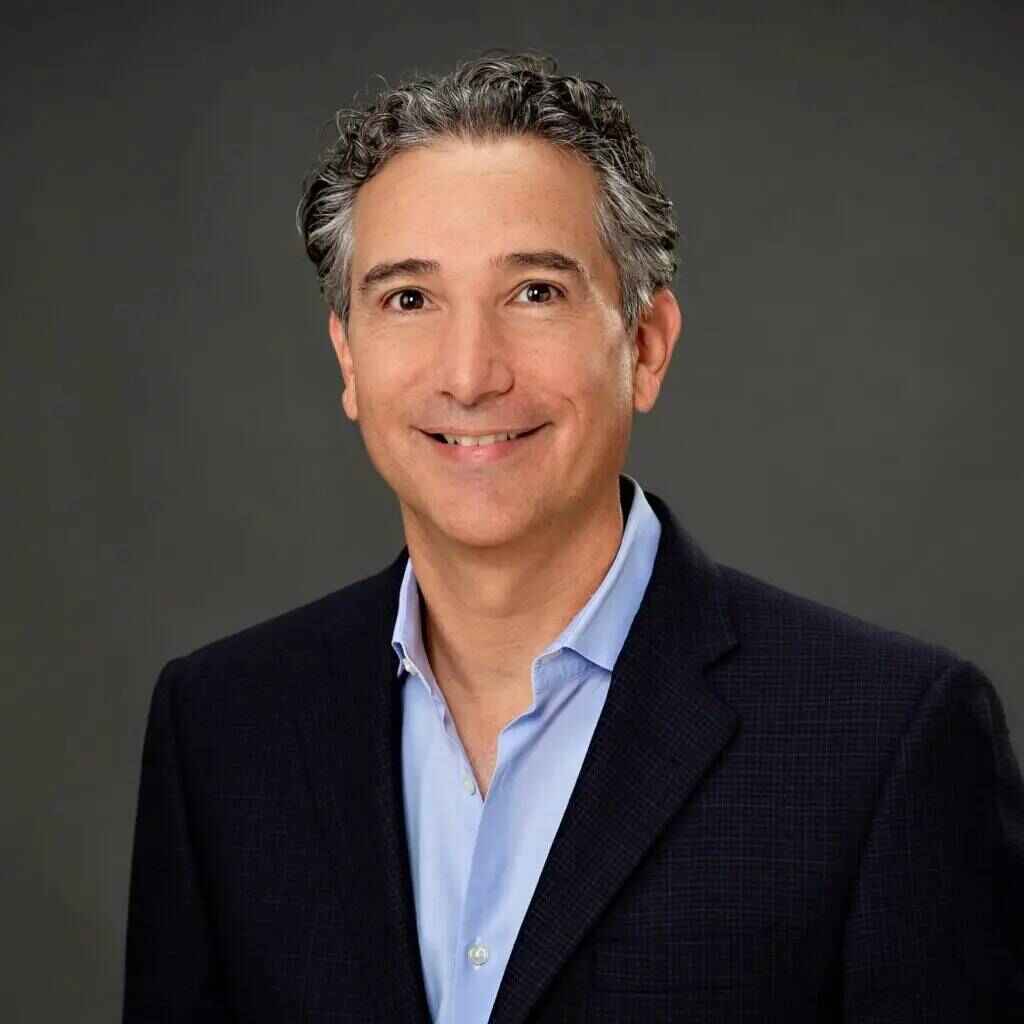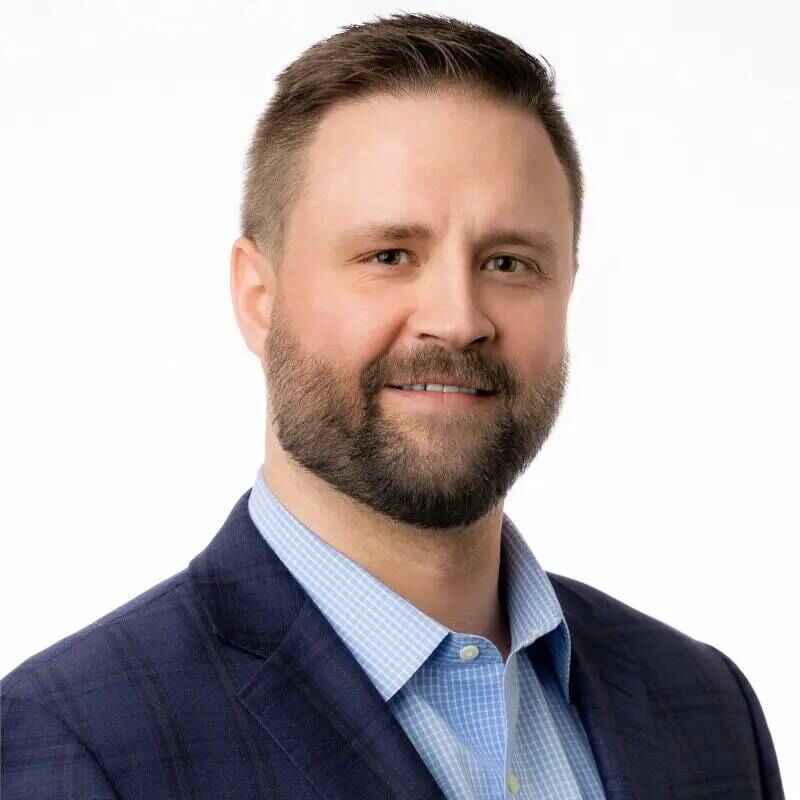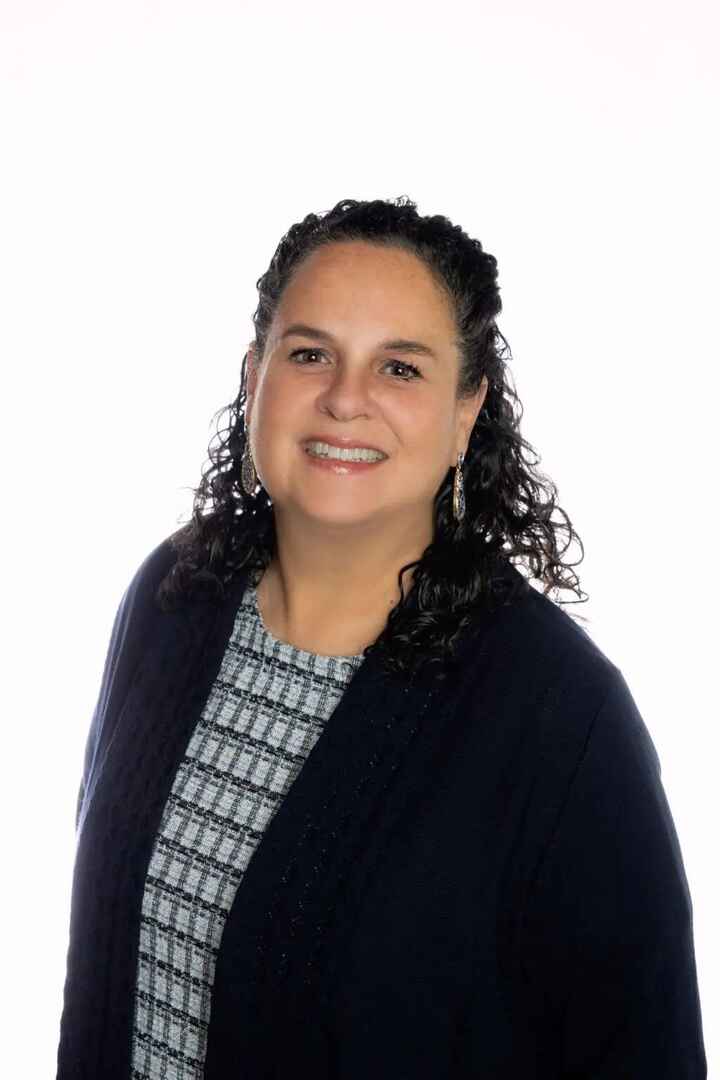About Gateway Foundation – Chicago
Gateway Foundation–Kedzie Recovery Home, in Chicago, Illinois, offers transitional housing and outpatient services for adults in addiction recovery. Specialized programs for young adults, justice involved persons, and persons with co-occurring mental health disorders are available Primary treatment modalities include 12 step focused individual, group, and family counseling and recovery focused life skills training.
Gateway Foundation–Kedzie Recovery Home, in Chicago, Illinois, provides 12 step focused transitional housing and outpatient care for adults exiting residential drug and alcohol rehab. They offer specialized programs for young adults, dual diagnosis clients, and justice involved persons, including DUI services. Aftercare planning and alumni services are included.
The transitional housing program at Kedzie Recovery Home is designed for clients exiting intensive inpatient care and requiring a structured, supportive, and sober living environment. While in transitional housing, clients receive intensive individual, group, and family counseling drawing on a range of proven modalities, including CBT, DBT, motivational interviewing, and trauma therapy. They also engage in recovery focused life skills training, including courses in self care, wellness, coping, stress and anger management, and relapse prevention.
Gateway Foundation–Kedzie Recovery Home promotes sustained sobriety through a robust continuum of care. Outpatient services align with clients’ evolving needs and include intensive outpatient (IOP), standard outpatient, and aftercare programs, enabling clients to receive ongoing counseling, education, training, and support. Kedzie Recovery Home also prioritizes clients’ successful reintegration into their homes, communities, and workplaces through an array of ancillary services, including career coaching, 12 step program facilitation, and peer counseling.
Gateway Foundation–Kedzie Recovery Home is accredited by NAATP and the Joint Commission. They are also LegitScript certified. They accept private insurance,Medicaid, self pay, daily payment schedules, and financing.
